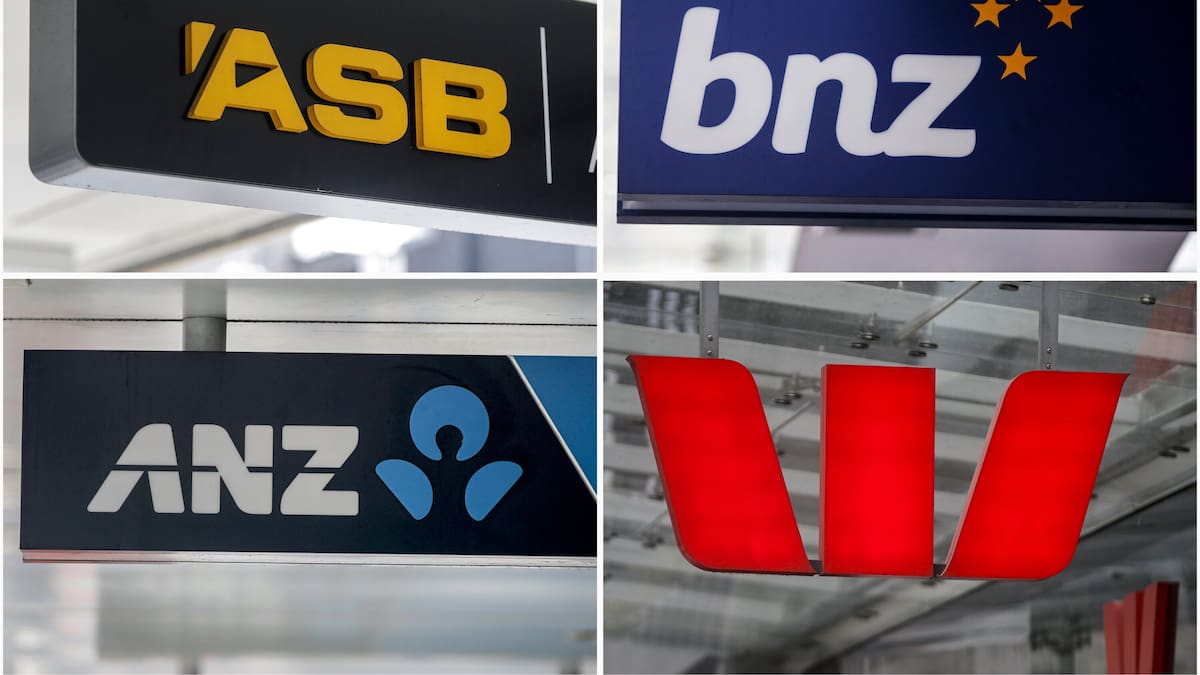Furthermore, the committee, which was supported by the Primary Production Committee in its review, is inviting banks to address it every six months to update it on their progress meeting the recommendations.
The banks aren’t legally obliged to implement the recommendations.
The Government has the power to require them to do so, and will respond to the report in November.
Finance Minister Nicola Willis didn’t comment on the report as such, but noted that the Government had asked the Reserve Bank to ensure it considered competition, as it went about regulating financial institutions.
She had also enabled Kiwibank to be part-privatised by getting it to raise up to $500 million of capital from large New Zealand investors, including KiwiSaver fund managers and iwi.
And the Government was requiring banks to forge ahead more quickly with open banking, so that financial technology firms could leverage bank customers’ data (with customers’ permission) to provide new or improved offerings, like payment services that are cheaper than those offered by credit card companies.
Willis again made it clear that she wanted the Reserve Bank to reduce the amount of capital it requires banks to hold to make them safe, in the hope this would lower the cost and increase the availability of credit.
“We want to see settings that preserve financial stability while encouraging investment, job creation and income growth,” she said.
The Reserve Bank will on Monday start consulting publicly on a review of its settings, with the aim of completing the review by the end of the year.
Much of the select committee inquiry focused on the capital settings, with banks arguing they were too heavy-handed and costly, and added to the weight of regulation on their shoulders.
Indeed, a number of the committee’s recommendations focused on reducing the burden of regulation.
These recommendations were opposed by Opposition parties, which advocated for strong consumer protection and anti-money laundering rules.
As for improving competition by bolstering Kiwibank, committee members from the Labour Party said they wanted to see Crown ownership of the bank protected to support the “bank’s capacity to provide services to underserved communities and groups with systemic importance to our economy”.
However, the party’s leader, Chris Hipkins, last month didn’t oppose the Government diluting Crown ownership of Kiwibank by seeking private capital from within New Zealand.
He said the most important thing was that Kiwibank remained Kiwi-owned, not necessarily state-owned.
Below is a list of the committee’s recommendations. Opposition parties opposed recommendations 3, 5, 6 and 13.
State of competition in banking
- Standardise credit information and make it easier to compare loans
- Open the door to more overseas banks and fintechs
- Strengthen Kiwibank through investment
- Review fees and profits on everyday accounts
Barriers preventing competition in banking and impact of the regulatory environment
- Revisit Reserve Bank prudential settings
- Evaluate capital settings
- Broaden the “regulatory sandbox” trial
- Cut Council of Financial Regulators overlap
- Make climate lending rules clear and consistent
- Push for real-time payments
- Improve Payments New Zealand
- Address limits on growth of non-bank deposit takers and fintechs
Rural and business banking
- Cease capital increases for banks
- Review rural requirements
- Formal disclosure of factors
Lending to Māori asset holders, organisations, businesses, and individuals
- Set voluntary Māori banking service standards
- Remove anti-money-laundering (AML) roadblocks for Māori land trusts
- Enable Māori co-investment in infrastructure
- Create Māori-focused lending products
Jenée Tibshraeny is the Herald’s Wellington business editor, based in the parliamentary press gallery. She specialises in government and Reserve Bank policymaking, economics and banking.







